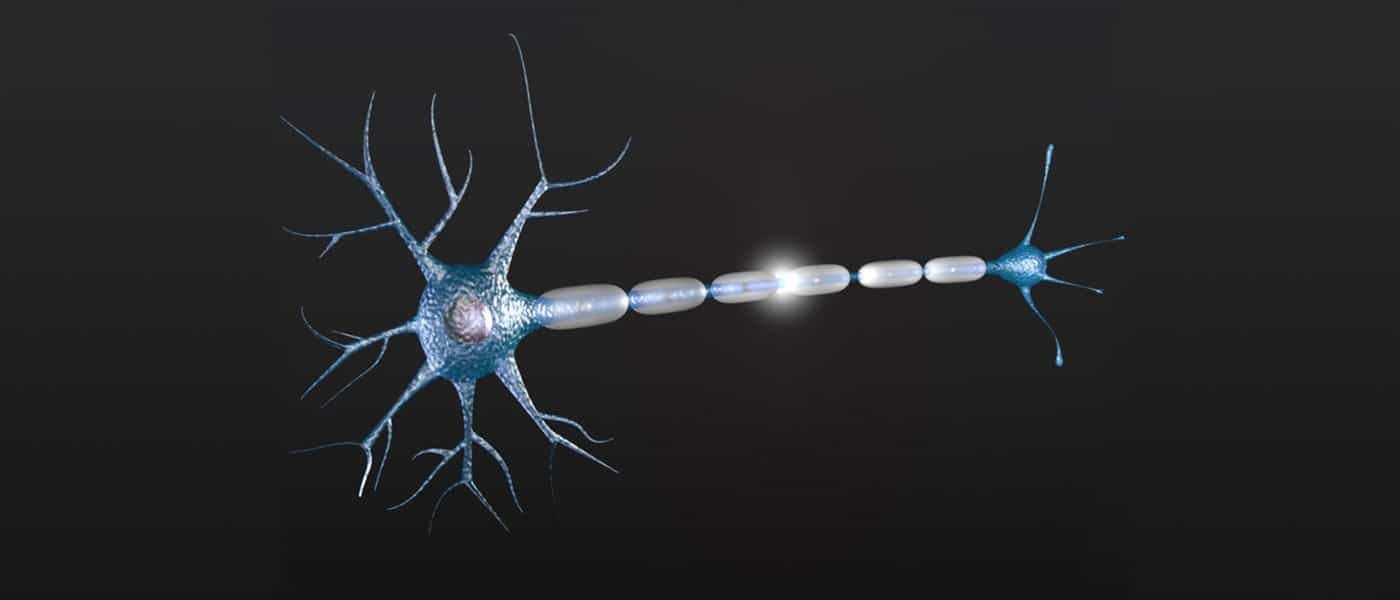Increasing Efficiency
Motor neurons are vital cells that facilitate muscle contraction and also affect sensation. In diseases like ALS and spinal muscular atrophy, motor cells are plagued with mutations that cause degrees of paralysis and pain in patients. In a study detailed in Cell Stem Cell, scientists developed a mechanism to directly reprogram stem cells into motor neurons.
Cell reprogramming is a novel exploration in medical studies that could treat numerous diseases by growing the body's own stem cells into healthy cells. The mechanism of reprogramming, however, has just begun to be understood.
The researchers elucidated a new pathway for cell reprogramming by analyzing gene transcription in mice. As established by previous studies, reprogramming is brought about by a series of transcriptions, AKA, how the genes control the expression of other genes.
By adding new transcription factors, the efficiency was amped up to "a 90 to 95 percent success rate," said Shaun Mahony, one of the lead authors of the paper.
Reprogrammed Health
While the study is a long way from clinical trials, the development gives hope to the estimated 6,000 people in the US diagnosed with ALS each year, as well as patients of other diseases linked to motor neuron mutation.
The researchers are hopeful that their study can help build on other research in cell reprogramming. "Our study not only informs the study of motor neuron development and its associated diseases, but also informs our understanding of the direct programming process and may help with the development of techniques to generate other cell types," said Mahony.
The continuous study of cell reprogramming is providing new ways to understand and treat diseases. Transforming our own cells into healthy tissues through cell reprogramming could soon be the foundation of regenerative medicine.
Share This Article
